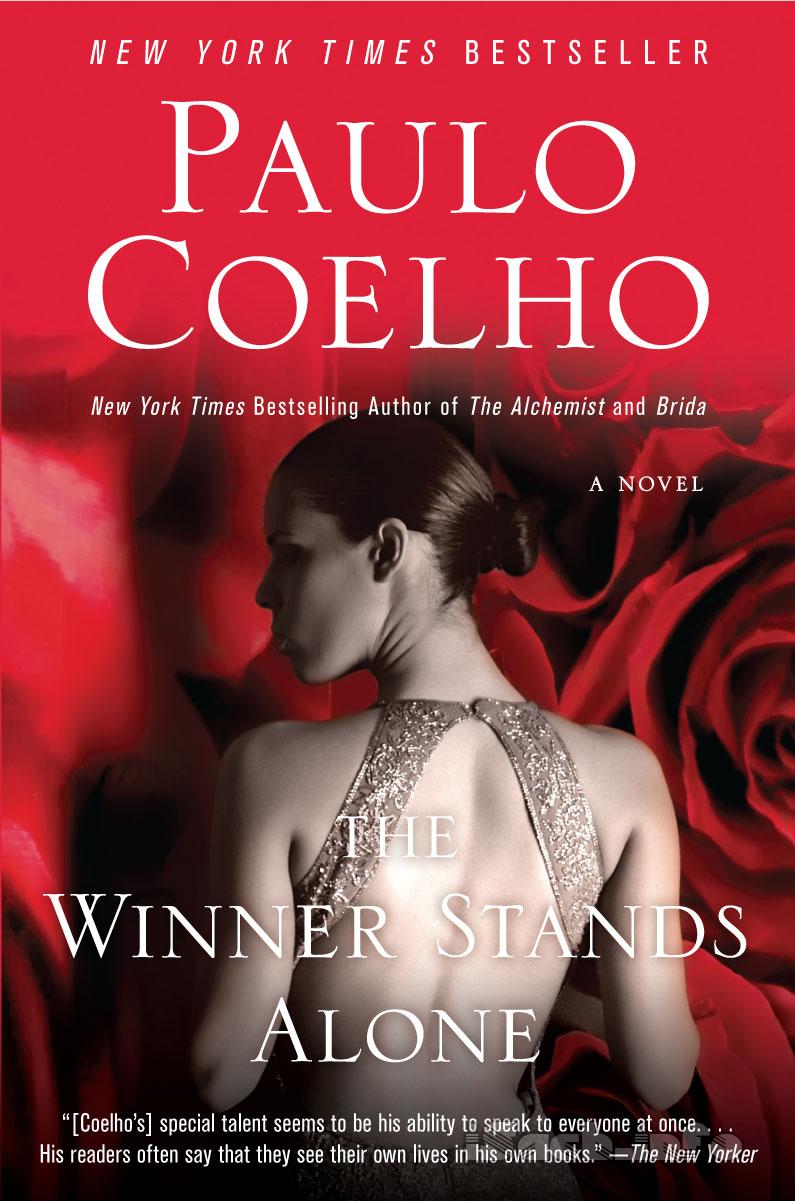Part 26
9
:02 PMHalf an hours drive from Cannes, in another country where they speak the same language, use the same currency, and have no border controls, but where they have a completely different political system from Franceits ruled by a prince, as in the olden daysa man is sit- ting in front of a computer. Fifteen minutes ago, he received an e-mail informing him that a famous actor had been murdered.
Morris studies the photo of the victim. He hasnt been to the cinema for ages and so has no idea who he is. However, he must be someone important because there are reports of his death on one of the news portals.
Morris may be retired, but things like this used to be the equivalent of a chess game to him, a game in which he rarely allowed his opponent to win. It wasnt his career that was at risk now, it was his self-esteem.
There are certain rules he always liked to follow when he worked for Scotland Yard, one of which was to come up with as many flawed hypotheses as he could. This freed up your mind because you werent necessarily expecting to get it right. At the tedious meetings with work evaluation committees, he used to enjoy provoking the people present: Everything you know comes from experience accumulated over long years of work. However, those old solutions are only of use when ap- plied to old problems. If you want to be creative, try to forget that you have all that experience.
The older members of such committees would pretend they were taking notes, the younger ones would stare at him in horror, and the meeting would continue as if he had said nothing. But he knew that the message had been received loud and clear, and soon afterward, his superiorswithout giving him any of the credit, of coursewould start demanding more new ideas.
He prints out the files sent by the police in Cannes. He normally tries to avoid using paper because he doesnt want to be accused of being a serial killer of forests, but sometimes its necessary.
He starts studying the modus operandi, that is, the way the crimes were committed. Time of day (morning, afternoon, and night), weap- ons (hands, poison, stiletto knife), type of victim (men and women of different ages), closeness to victim (two involved direct physical con- tact, two involved no contact at all), the reaction of victims to their aggressor (none in all cases).
When he feels that hes faced by a dead end, the best thing is to let his thoughts wander for a while, while his unconscious mind goes to work. He opens a new screen on the computer, showing the New York Stock Exchange. Since he has no money invested in shares, it couldnt be more boring, but thats how it works: his years of experience ana- lyze all the information he has received so far, and his intuition comes up with new, creative responses. Twenty minutes later, he goes back to the files, and his head is once again empty.
The process has worked. The murders do have things in common.
The murderer is an educated man. He must have spent days and weeks in a library, studying the best way to carry out his mission. He knows how to handle poisons and obviously hadnt touched the hydro- gen cyanide himself. He knows enough about anatomy to be able to stick a knife in at exactly the right place without meeting a bone, and to kill someone with his bare hands. He knows about curare and its lethal power. He may have read about serial killings, and would be aware that some kind of signature always leads the police to the attacker, and so he had committed his murders in a completely random manner, with no fixed modus operandi at all.
But thats impossible. The unconscious mind of the murderer is bound to leave some signature, which Morris has not yet managed to decipher.
Theres something more important still: he obviously has money, enough to follow a course in Sambo, in order to be absolutely sure which points on the body he needs to press in order to paralyze his victim. He also has contacts: he didnt buy those poisons from the corner pharmacist, not even from the local criminal underworld. They are highly sophisticated biological weapons, which require great care in their handling and application. He must have got other people to acquire them for him.
Finally, he works very quickly, which leads Morris to conclude that the murderer wont be staying long. Perhaps a week, possibly a few days more.
Where does all this take him?
The reason he cant reach a conclusion now is because hes got used to the rules of the game. He has lost the innocence he always demanded of his subordinates. Thats what the world does to people; gradually, over the years, we become mediocre beings, concerned not to be seen as weird or overenthusiastic. Old age is considered a stigma, not a sign of wisdom. People assume that no one over fifty can keep up with the speed of change nowadays.
True, he cant run as fast as he could and needs reading glasses, but his mind is as sharp as ever, or so at least he wants to believe.
What about this crime though? If hes as intelligent as he thinks, why cant he solve something that seems so easy?
He cant get any further at the moment. Hell have to wait until the next victim appears.



 ePub
ePub A4
A4